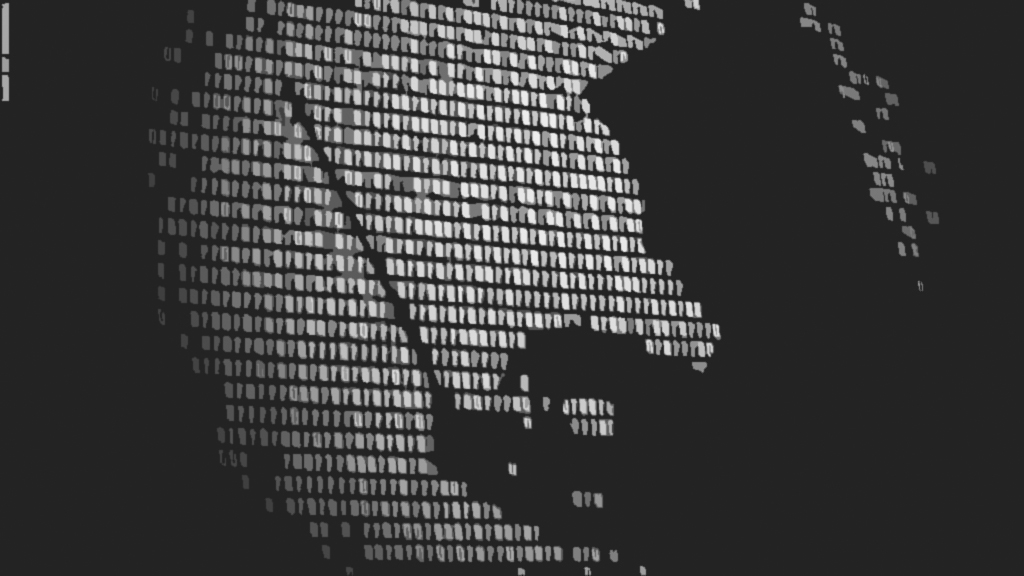
by medicaltechont | Jan 3, 2016 | Canada, Privacy, Security, Technology, The Internet
Canada is lagging behind the U.S., Britain and other countries in defending citizens and businesses against malicious hackers and cyber-criminals, say numerous groups involved in trying to police the internet.
“We’re failing, we’re falling behind,” warns Katherine Thompson of the Canadian Advanced Technology Alliance, one of Canada’s largest private-sector high-tech advocacy groups.
“We cannot continue down the path that we’re on right now,” she told CBC News. “We just went through a very long federal election where not one of the major party leaders discussed cyber-security.”
Click here to read more.
http://www.cbc.ca/news/technology/canada-cybercrime-hacking-seglins-1.3312153

by medicaltechont | Dec 20, 2014 | Security, Technology
Staples says as many as 1.16 million customer credit cards may have been compromised as part of a malware attack on some of its point-of-sale systems earlier this year. Today the company released some of its findings of an investigation into the attacks, saying that malware was found in 113 of its US stores, and may have affected purchases at those locations made between August 10th, 2014 and September 16th, 2014. Staples added that at two stores, the malicious software could have been running unseen for even longer, dating all the way back to late-July.
http://www.appy-geek.com/Web/ArticleWeb.aspx?regionid=3&articleid=33562847
by medicaltechont | May 24, 2014 | Cloud, EHR, Ontario, Privacy, Software, Technology, The Internet
Is your cloud (online web-based) application vulnerable to hackers? Do you even know if the OpenSSL security flaw and bug affected your important data? Are you paying attention to your investment? Or do you even care?
With many moving full steam ahead with cloud-based solutions, recent developments have casted a slight shadow on the security of patient data and how much risk a medical practitioner is willing to take with personal medical information in the cloud.
When you visit the doctor, nurse practitioner or other health professionals there is a trust developed; whereby your confidentiality is respected and observed. As a patient you assume that all efforts are taken to uphold that trust. You assume that your personal medical data is secure from the prying eyes of others. However do you really know if your personal information is safe? It’s amazing to know that so many regular individuals assume, in Canada, that their personal information, located within a Doctor’s office, is 100% safe and secure. But what happens if they find out that there was a breach in security? What happens if a patient came to view results of something extremely important, only available within your EMR or medical software, and your “Internet” connection is down? What do you tell the patient? Are you certain that your medical information is safe?
Read: Cisco and Heartbleed, A Class Action Lawsuit In The Making (Seeking Alpha)
Although the term “online web based billing software” is the new buzz word, not all solutions have to be cloud-based. Many use terms like “bill from anywhere“, or “use any web-browser“, yet there are alternatives, which still allow you to be in control or your data. Many companies will never tell you how often their networks are down. Fear is used scare individuals into thinking that their equipment is safe with their company. “ 99% up-time“, is the standard default line for most online and cloud providers. However, as a medical professional, you assume the risk to your reputation and medical license. Patients believe that “you” and your medical practice are in trust of their personal medical and critical information. We all know, once trust is broken it is often difficult to repair.
Good luck trying to blame your technical problems on others when your cloud application is down (offline), your web-based provider was hacked (losing personal patient information) or even have disappeared with your data (bankrupted). Some comments from online vendors are shown below.
” Sorry about that folks, someone literally drove over our Internet connection this morning and ripped it from the pole. Everything restored.”
“The six-hour outage of Cerner’s network late last month has raised fresh concerns about cloud hosting of patient records.”
“ Target ignored its own alarms—and turned its customers into victims of an epic hack“(Bloomberg Businessweek)
“EBay initially believed user data safe after cyberattack“(Toronto Sun)
If your medical patient records are in the cloud ask yourself the following questions.
- Who actually has your data?
- Where, on planet Earth literally, is your data located?
- Are their cloud servers in Canada? The U.S.? Overseas? Or in an undesirable location in another country?
- If your patient data is in a foreign country what laws govern access to that information?
- Who is actually looking at your entrusted patient data?
- What is the risk and liability to your medical practice?
When choosing a vendor, for your medical software, never assume that the data within their office. Ask questions, first and never assume. Servers could be anywhere.
“If the cloud that hosts your data has servers in a foreign country, the laws of that foreign country may govern your data when stored in that server.”
Think of a more balanced approach to medical file management and health records. There are options to mobility that will not compromise your medical data. Just because it looks cheap, bleeding edge and downright “cool”, does it make it the best solution for you?
You can survive without your Facebook page, even Microsoft Word online for a while, but what about your medical records, lab reports and more; in relation to your office, or hospital? Under some certifications and requirements today EMR is considered a medical device; which must operate and function in a specific manner. If medical records and software were like a pace-maker, how much risk would you take?
by medicaltechont | May 23, 2014 | Technology, The Internet
Regulatory trouble is brewing for eBay on both sides of the Atlantic, with watchdogs making plans to investigate how a recent security breach occurred.
eBay is facing a possible European investigation into the breach of its systems, following the launch of a joint probe by three US states into how the auction company handles security.
Details compromised in the breach, which were made public earlier this week included customers’ names, encrypted passwords, email addresses, physical addresses, phone numbers and dates of birth. eBay hasn’t said how many of its more than 145 million customers’ details were compromised, however.
Read more:
http://www.zdnet.com/uk/uks-data-watchdog-eyes-probe-into-ebays-very-serious-breach-7000029811/

by medicaltechont | Oct 5, 2013 | e-Health, Software, Technology
The computer software company Adobe has been hacked, potentially compromising the data of 2.9 million customers, the company revealed on Thursday.
Adobe said “sophisticated attacks” had been carried out “very recently”.
“Our investigation currently indicates that the attackers accessed Adobe customer IDs and encrypted passwords on our systems,” said Brad Arkin, chief security officer at Adobe.
“We also believe the attackers removed from our systems certain information relating to 2.9 million Adobe customers, including customer names, encrypted credit or debit card numbers, expiration dates, and other information relating to customer orders.”
Arkin said he did not believe the attackers had removed decrypted credit or debit card numbers from its systems.
“We deeply regret that this incident occurred,” he said. Arkin did not specify the level of encryption of the data stolen.
Read more
[polldaddy poll=7451986]




